By Dr Debilal Mishra
A free press is an instrument of knowledge, not bondage; a free press causes a positive social activation; and a free press leads to the expression of the suppressed voices, views and sentiments.

‘Press freedom’ or the ‘freedom of the press’ is probably one of the much discussed terms in the media fraternity as well as the domain of media research. According to Thomas Jefferson, ‘where the press is free, and every man able to read, all is safe.’ He has also gone on to say that our liberty depends on the freedom of the press, and that can’t be limited without being lost.
Observed minutely, the free press is an essential ingredient of a successful democracy. But the question is: ‘how the press/ media can be free?’ The media has been increasingly market-driven these days and there has been the rise of a ‘taste and fragmentation’ culture in the contemporary journalism based on the dynamics of the market forces. The media no more enjoys an independent existence as it is constantly dominated by the political and economic factors.
A journalist today has to act more like a marketing professional in getting the TRPs and Hits for the stories. The ‘deadline psychology’ has badly affected the social sensibility of the media and infused the editorial policy inside organizations. Who can be independent in an organization that is hardly independent amidst the business and strategies for survival? It’s time the media owners should start reflecting on the nature of their existence.
Over the period of time journalism has come to be recognized identically along professions including but not limited to PR, Corporate Branding, Marketing, Sales Promotion, Networking and Client management. And this is not a healthy sign for any democracy. Mahatma Gandhi as a journalist emphasized editorial independence as the hallmark of great journalism. Accentuating the important of a free press, he said, ‘the freedom of the press is a precious privilege that no country can forego.’ In the modern context the functioning of the media is a matter of profit-maximization and agenda-management.

What’s more disturbing is the inter-media conflicts on issues having crucial social significance. With the fast emergence of the concept of the ‘media industry’, the concept of the ‘media fraternity’ has taken a backseat. Journalists are more or less divided over organizational ideologies and agendas. And this has further paved the ways for more competition and more exploitation at all levels. The constitution of reality has been a major issue these days with the media creating selected frames of references as suitable to their agendas. According to a famous American journalist and social scientist Walter Lippmann, ‘a free press is not a privilege, but an organic necessity in a great society.’ It means a society, where the press isn’t free, is dead indeed.
A free press is an instrument of knowledge, not bondage; a free press causes a positive social activation; and a free press leads to the expression of the suppressed voices, views and sentiments. But the free press calls for a free environment bereft of the pressures of the narrow interests. For the media to operate freely, the social sensitivity of the media ownership is a prerequisite.
The constitution of India doesn’t specifically mention the freedom of the press. It is implied under Article 19,(1) (A) that deals with the fundamental right to the freedom of speech and expression which is subject to certain reasonable restrictions as provided under Article 19 (2). Freedom of the press is more of a moral or ethical concept. It’s more about the conscience of the journalist to see the truth or reality and let others see it. The press freedom doesn’t refer to the freedom to achieve organizational goals based on profit, rather it is related to social sensitivity, receptivity and connectivity as central to the endeavours for a positive social change.
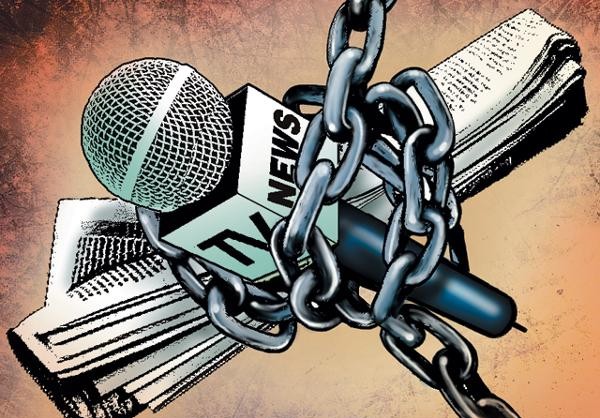
The press freedom can’t be achieved in the true sense as long as the press ownership is not free and the dignity of the journalists isn’t valued. A progressive society is always based on the nature of the free speech and expression, as Franklin D. Roosevelt once said ‘we look forward to a world founded upon the essential human freedoms; the first is the freedom of speech and expression – everywhere in the world.’
(Dr. Mishra is an academician and currently working as Asst Professor of Mass Communication Dept. at Ravenshaw University, Cuttack, Odisha.)


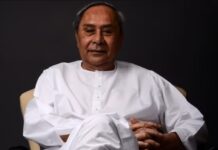
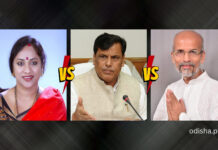

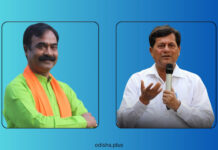





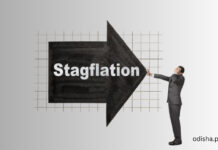
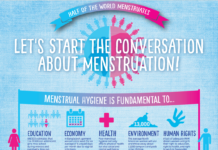










Very good sir article are soo good